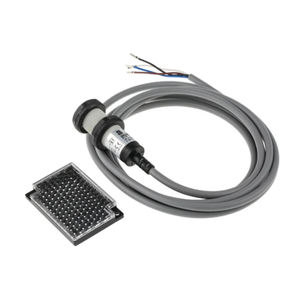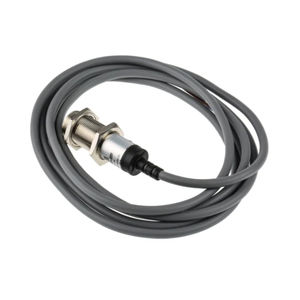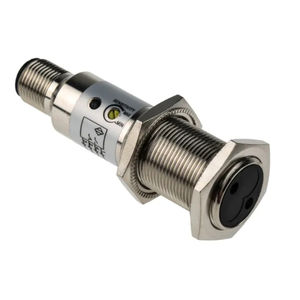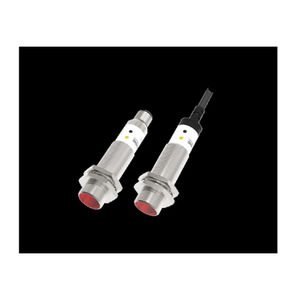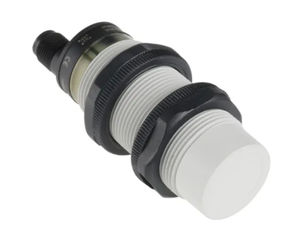
- Company
- 必威体育app官方下载
- Catalogs
- News & Trends
- Exhibitions
Fiber optic amplifier204-0681
signal
switching
for detection


Add to favorites
Compare this product
Characteristics
- Type
- signal
- Secondary function
- switching
- Other characteristics
- fiber optic, for detection
- Voltage
-
Min.:12 V
Max.:24 V
- Power
-
1 W
- Frequency
-
Min.:10 Hz
Max.:55 Hz
Description
RS职业介绍了奇妙的光纤ensor with NPN output. Fibre optic sensors are a type of proximity sensor that has an optical fibre connected to a light source to allow for detection in tight spaces or where a small profile is beneficial. The optical fibre is a transparent fibre made of glass (silica) or plastic with a diameter slightly thicker than a human hair, this fibre transmits light between the two ends to produce an electrical signal. Features and Benefits Optional high performance output time delay of 0ms, 10 ms or 40ms to suit suit your needs Three optional modes for high speed response time as well of <200us (Fine mode); <300us (Turbo mode); <550us (Super) Operating temperature of -10°C to 50°C with no freezing to be able to meet your needs in a variety of environments Shock resistance of 500 m/s2 for 3 times each in X, Y, and Z directions Relative air humidity of 35∼85% with no condensation Comes with circuit protection technology including surge protection, reverse polarity and overload protection providing safety for yourself and your tool NPN output giving you the advantage in high speed switching and amplifier circuits applications Applications Fibre optic sensors are used in a number of different sensing applications. In mechanical properties testing, fibre optical sensors are used to measure mechanical strain. They can also be used to measure acceleration, velocity, pressure, temperature and displacement. Used in a variety of workplaces including Oil Industry Gas Industry Textiles Ships and offshore structures Aerospac
Catalogs
No catalogs are available for this product.
See all of RS PRO‘s catalogs
Related Searches
- Transformer
- Propeller fan
- Dry transformer
- Fan for industrial applications
- Single-pole switch
- Switching relay
- Encapsulated transformer
- Electronic filter
- Capacitor
- Cooling fan
- Signal amplifying integrated circuit
- Rotary switch
- Electronic fan
- Passive electronic filter
- Electromechanical relay
- AC electronic filter
- Single-phase transformer
- Toggle switch
- Isolation transformer
- AC fan
*Prices are pre-tax. They exclude delivery charges and customs duties and do not include additional charges for installation or activation options. Prices are indicative only and may vary by country, with changes to the cost of raw materials and exchange rates.




